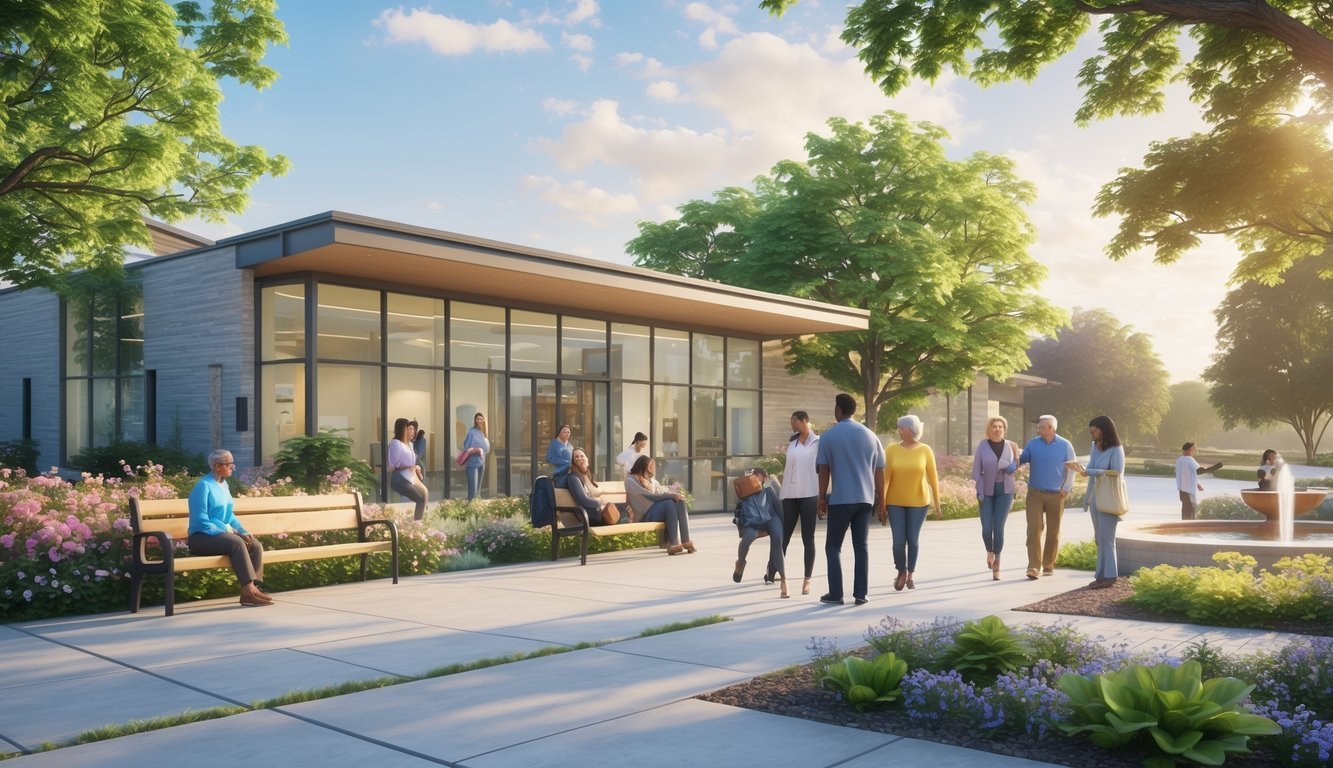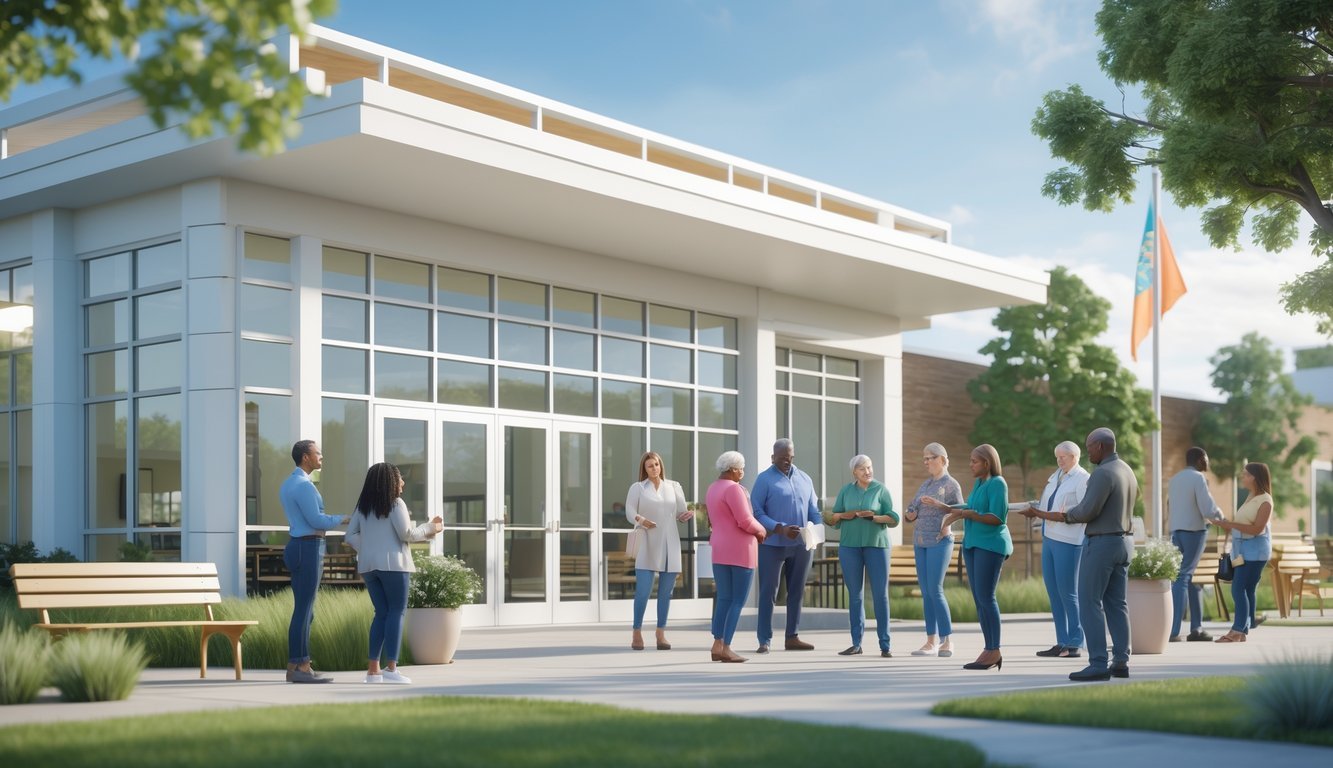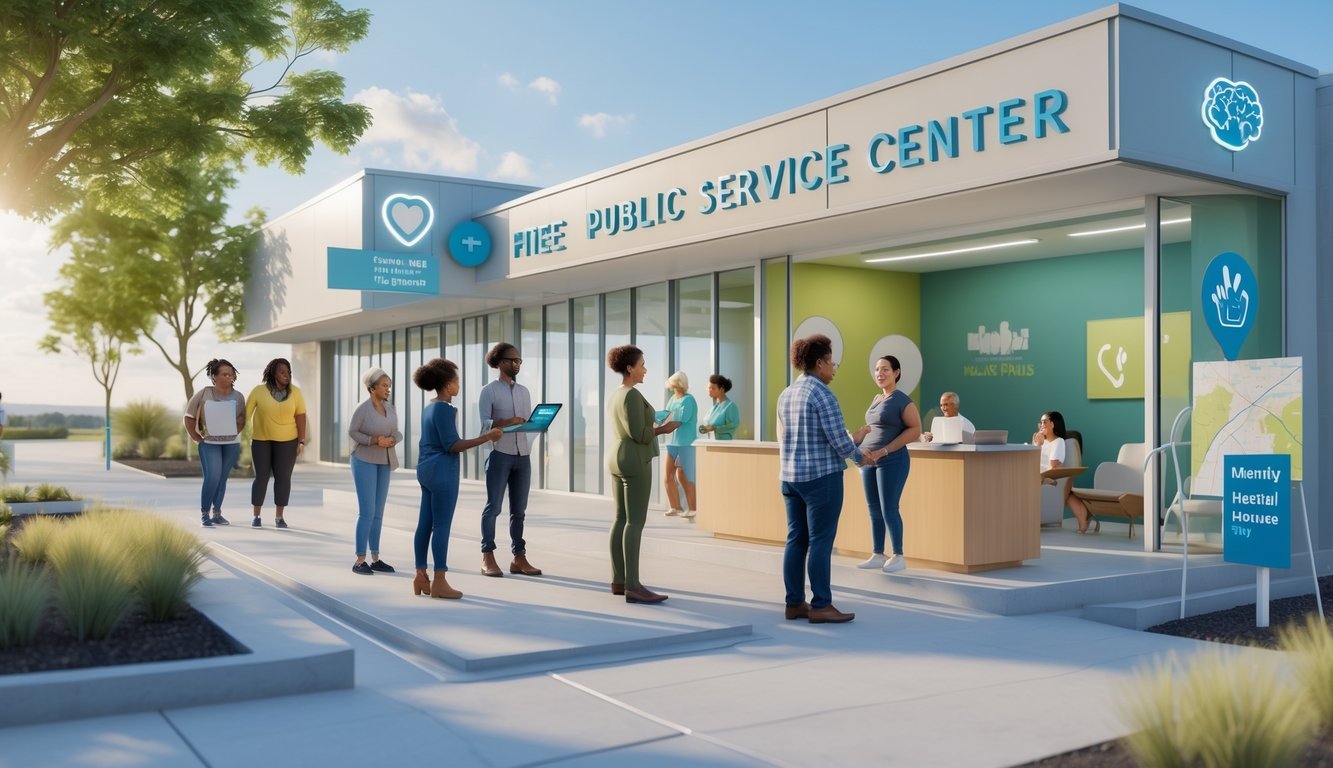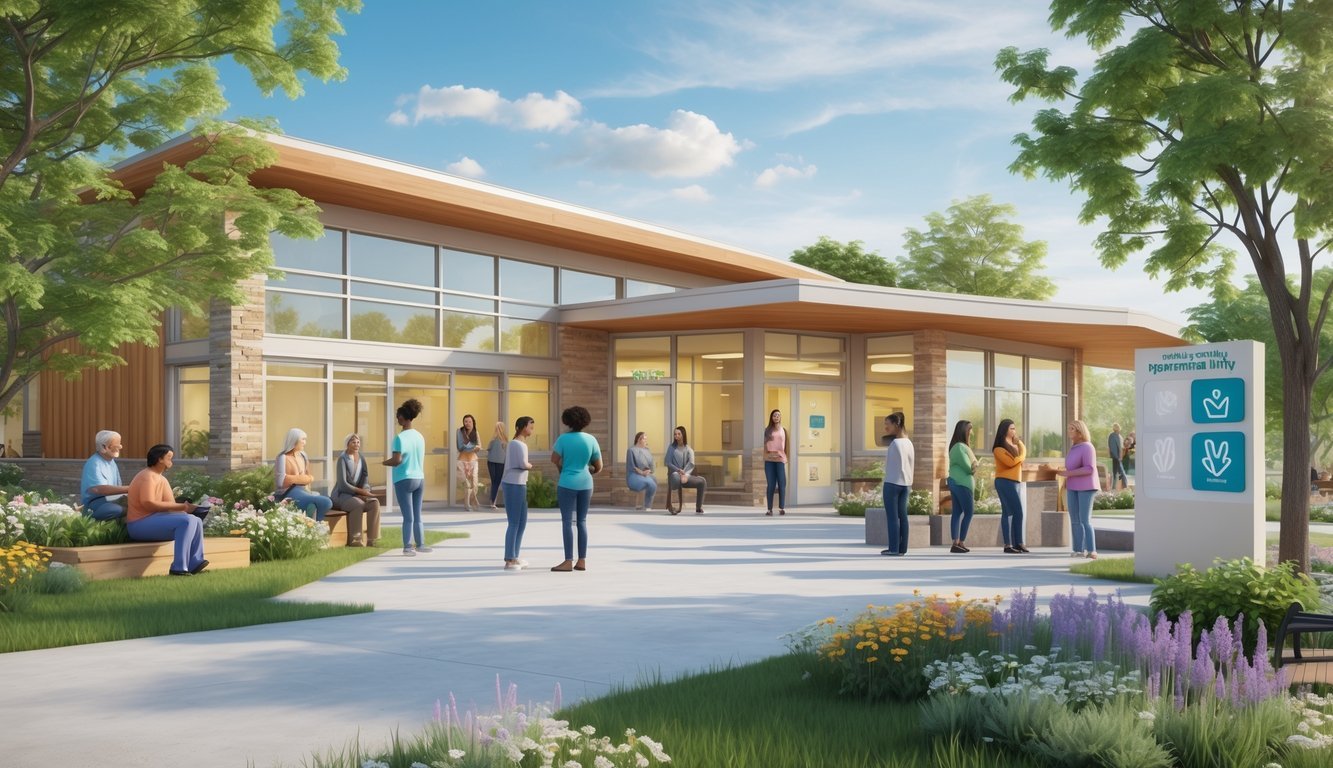PsychNewsDaily Publishers
100 Summit Drive
Burlington, MA, 01803
Telephone: (320) 349-2484
PsychNewsDaily Publishers
100 Summit Drive
Burlington, MA, 01803
Telephone: (320) 349-2484
Kansas offers various free and low-cost mental health care options, including community mental health centers, crisis lines, and therapy programs, accessible to all residents regardless of income.

Trying to find affordable mental health care can be a lot to handle, but Kansas does have free and low-cost options to help you out. Many people in Kansas can get free mental health services through state programs, community health centers, and university clinics, no matter their insurance or income.

The state sets up different ways to get mental health support, like public health departments or specialized community programs. You’ll see options from regular counseling to crisis intervention and peer support groups.
Knowing what’s out there and how to get started can really make a difference. This guide gives you a look at specific programs, who can use them, and how to connect with free mental health resources in Kansas.

Kansas has several free mental health resources, like community mental health centers, 24-hour crisis lines, and therapy or medication programs. These services help during emergencies and offer ongoing treatment for people all over the state.
Community mental health centers form the backbone of Kansas’s free mental health system. You’ll find these centers in every part of the state, and they offer services to anyone, even if you can’t pay.
CMHCs provide things like individual counseling, group therapy, and psychiatric evaluations. Most use a sliding fee scale based on your income, and many services are totally free if you qualify.
You can get case management, peer support, and substance abuse treatment at these centers. A lot of locations also run programs for kids, adults, and seniors who have different mental health needs.
Key services at CMHCs include:
Each center works with local hospitals and social services to make sure you get full care. Most centers don’t require insurance or a referral to start services.
Crisis lines give you immediate mental health support when you need it most. These services run 24/7 and connect you with trained counselors for quick help.
Kansas State University students can call Central Kansas Mental Health Center at 785-515-6143 for mental health support any time. This service offers free assessments, recovery specialists, and licensed therapists around the clock.
The National Suicide Prevention Lifeline (988) is open to all Kansas residents and gives free crisis counseling. Local crisis lines in bigger cities connect you to resources and emergency services nearby.
Crisis support options include:
Crisis counselors can help you find ways to cope, link you to local resources, and set up ongoing mental health care. Your conversations stay confidential unless there’s an immediate risk to your safety.
You can get free therapy services through several programs in Kansas. Community mental health centers offer individual counseling, group sessions, and family therapy for free if you qualify.
College students usually get free counseling through campus health centers. K-State students can use Lafene CAPS for free mental health services and can book appointments online within 48 hours.
Medication assistance programs help people get psychiatric meds if they can’t afford them. Many community mental health centers have psychiatrists who prescribe and monitor medication as part of your care.
Free therapy and medication options:
Some centers also run special therapy programs for trauma, depression, anxiety, or substance abuse. You might qualify for free meds through pharmaceutical company programs, and your counselor can help you apply.

Getting free mental health care in Kansas mostly depends on your income and knowing where to look. Most programs help people with low incomes, disabilities, or those in crisis.
Income-based eligibility is the main way people qualify for free mental health services in Kansas. If your household income is below 200% of the federal poverty level, you usually qualify.
People on Medicaid automatically get covered mental health services. This includes therapy, medication management, and crisis help.
Special populations get priority access:
Community mental health centers (CMHCs) use a sliding fee scale. Your payment depends on your income and family size, but many people pay nothing at all.
You’ll need to show:
Community mental health centers are usually the first place to go for free services. Kansas has 26 CMHCs that cover every county.
Call your local CMHC to set up an intake appointment. Most centers offer same-day crisis help if things are urgent.
Crisis services give you immediate support:
The intake process usually takes one to two hours. You’ll fill out paperwork, talk with a counselor, and make a treatment plan.
Available services through CMHCs include:
Schools also offer free mental health services for students. If you have a child in school, check with the school counselor for options.
Federally Qualified Health Centers (FQHCs) also provide mental health care on a sliding fee scale.
Wait times for free mental health services can run anywhere from two to eight weeks, depending on where you live and what you need. Crisis services are always available right away.
While you wait:
Priority scheduling usually goes to:
Less than half of families manage to get through mental health services because the system is complicated. Ask your CMHC about care coordinators who can guide you through the steps.
Other options include:
Try contacting more than one provider to compare wait times. Some rural areas might have shorter waits than cities.
Keep your appointment confirmations and follow up if you don’t hear back within a week of calling.

Kansas has special mental health programs for people with more complex needs or for certain groups. These services include long-term support, rehab programs, and resources for students and families.
The Kansas Department for Aging and Disability Services runs Home and Community Based Services (HCBS) initiatives. These programs help people with disabilities and older adults find better support and access.
You can get help that lets you live independently in your own community instead of in a facility. The HCBS team works on new projects that meet federal rules and follow best practices.
Key services include:
To get these services, you’ll need to apply for Medicaid through KanCare. You can use the Self-Service Portal online for reviews now.
Kansas community mental health centers provide behavioral health services all over the state. These programs offer ongoing treatment and rehab for different mental health conditions.
Community mental health centers provide outpatient therapy, medication management, and crisis help. Most centers use a sliding fee scale based on what you can pay.
Common behavioral health services:
You can find behavioral health providers through your county health department or by reaching out to Kansas mental health organizations.
Kansas universities give students free mental health services. At Kansas State University, students get free care through Lafene CAPS. They can also use the Central Kansas Mental Health Center, even if they’re getting other treatment.
The University of Kansas offers mental health services and resources through CAPS to build a supportive student community.
Student support services:
The University of Kansas also runs TRIO programs for students who are first-generation, low-income, or have disabilities. These programs create a welcoming space.
Kansas State University hosts events on early childhood mental health that focus on family well-being and data-driven approaches.
Local nonprofits and community groups offer extra mental health resources across Kansas.
The University of Kansas Medical Center keeps community assistance resources through the JayDoc Free Clinic updated and available for folks who need them.
Kansas State University Extension offices sit in every county. They give out educational resources and help people connect with their communities.
The Sedgwick County extension office is just one example of these university-backed resources that you can find all over the state.
Local Resource Types:
You can reach out to your local United Way, community foundation, or county health department if you want a full list of mental health resources nearby.